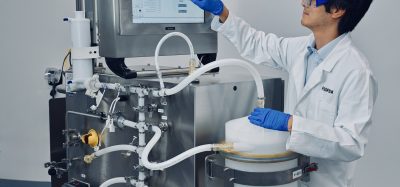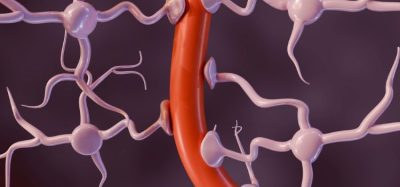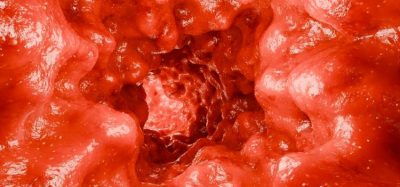New technique to grow crystals from nanoscale droplets developed
Posted: 7 January 2021 | Victoria Rees (European Pharmaceutical Review) | No comments yet
Scientists have used inert oils to control evaporative solvent loss to grow small crystals from nanoscale encapsulated droplets.


Researchers have grown small crystals from nanoscale encapsulated droplets. According to the scientists, their innovative method, involving the use of inert oils to control evaporative solvent loss, has the potential to enhance the drug development pipeline.
The study was conducted at the University of Newcastle and University of Durham, both UK, in collaboration with SPT Labtech.
Through the use of this new method, called Encapsulated Nanodroplet Crystallisation (ENaCt), the researchers have shown that hundreds of crystallisation experiments can be set up within a few minutes. Each experiment involves a few micrograms of molecular analyte dissolved in a few nanolitres of organic solvent and is automated, allowing for rapid set up of hundreds of unique experiments with ease. Concentration of these nanodroplet experiments results in the growth of the desired high quality single crystals that are suitable for modern X-ray diffraction analysis.
Lead researcher Dr Michael Hall, Newcastle University, said: “We have developed a nanoscale crystallisation technique for organic-soluble small molecules, using high-throughput liquid-handling robotics to undertake multiple crystallisation experiments simultaneously with minimal sample requirements and high success rates. This new method has the potential to have far-reaching impact within the molecular sciences and beyond. Fundamental research will benefit from highly detailed characterisation of new molecules, such as natural products or complex synthetic molecules, by X-ray crystallography, whilst the development of new drugs by the pharmaceutical industry will be accelerated, through rapid access to characterised crystalline forms of new active pharmaceutical ingredients.”
The researchers say that understanding these new crystalline forms, known as polymorphs, is essential to the successful generation of new pharmaceutical agents and drugs. The ability to investigate these forms quickly and on a vast scale, while minimising the amount of analyte required, could be a key breakthrough enabled by the new ENaCT protocol.
Dr Mike Probert, Newcastle University, commented: “…this new approach to crystallisation has the ability to transform the scientific landscape for the analysis of small molecules, not only in the drug discovery and delivery areas but also in the more general understanding of the crystalline solid state.”
The study was published in Chem.









